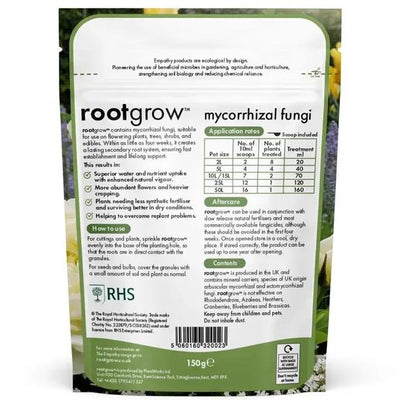'Midwinter Fire' Dogwood Plants
Cornus Midwinter Fire, is a medium-sized, deciduous shrub with dense, upright growth and blazing red, gold-yellow and orange winter bark: the closest thing to coral this side of the sea, surely one of the most striking of the shrubby dogwoods!
The summer leaves are green, turning an excellent orange-yellow in the autumn, with small white flowers in May and June.
Which is all nice enough, but its real glory is in winter, when it'll light your garden up on the dismal days between November and March. It'll reach 2 metres.
It really has no rival, and every garden should have one! No other garden shrub radiates such light and beauty over such an extended period of time, from the end of October through to late March
View our selection of dogwood shrubs or see our full range of hedging.
Delivery season: Dogwood plants are delivered bareroot during late autumn and winter, approximately November-March inclusive.
Features
- Stunning bark in winter.
- Height: To 2m
- Soil: Loves wet sites.
- Use: Specimen shrub, ornamental hedging.
- Cut back hard yearly to get the best display.
- RHS Recommendation for bees & other pollinators
Growing Cornus Midwinter Fire
Like all dogwoods, it loves damp ground, but once it's established it'll grow happily on a dry bank. It'll grow faster in the sun, but partial shade is fine.
To keep those beautiful new stems coming, coppice them by cutting them down to the base every Spring: cut above the third bud up from soil level on new plants. Mature plants will develop a stool, and you can use your own judgement about how much you remove, depending on how you like to manage your plants. Give them a nice mulch afterwards to help them bounce back vigorously.
Garden Design Ideas
Of all the dogwoods, this one lights up the garden in Winter, wonderful as a stand-alone shrub in a small garden.
We think Midwinter Fire Dogwood is at its best in a massed planting, with or without other dogwoods to set it off like the purple Kesselringii or the red Westonbirt. It's not as vigorous as the other dogwoods, so plant it at the front if you are using it in a mixed patch.
It goes well with pretty much any evergreen as a backdrop, and because you chop it down yearly, all sorts of spring flowering bulbs can be deployed to provide interest while it regrows.
It's an interesting choice for an ornamental hedge that has no security or privacy purpose, because it needs to be cut close to the ground yearly (if you want that winter bark). For this purpose, a 50-75cm spacing is fine, because you aren't trying to make it into a proper barrier. For a real hedge, we would use common dogwood instead.

 Secure, One-Tap Checkout
Secure, One-Tap Checkout
 Hand Picked, Delivered to Your Door!
Hand Picked, Delivered to Your Door! 1 Year Bareroot Guarantee
1 Year Bareroot Guarantee















